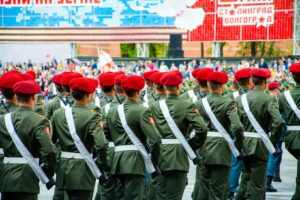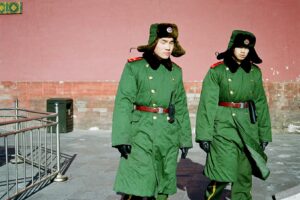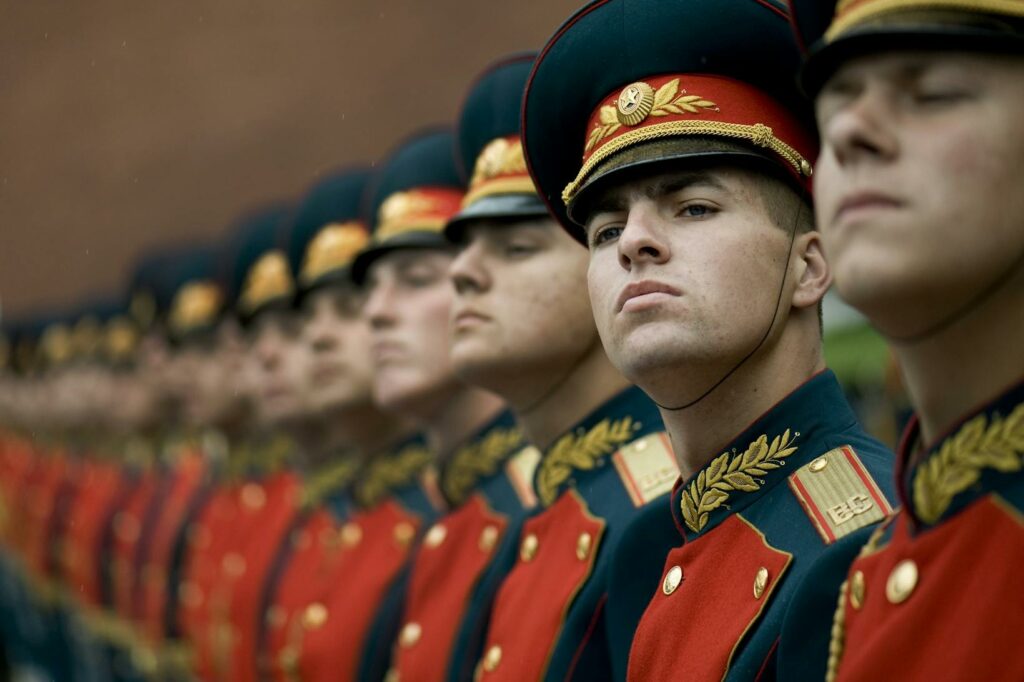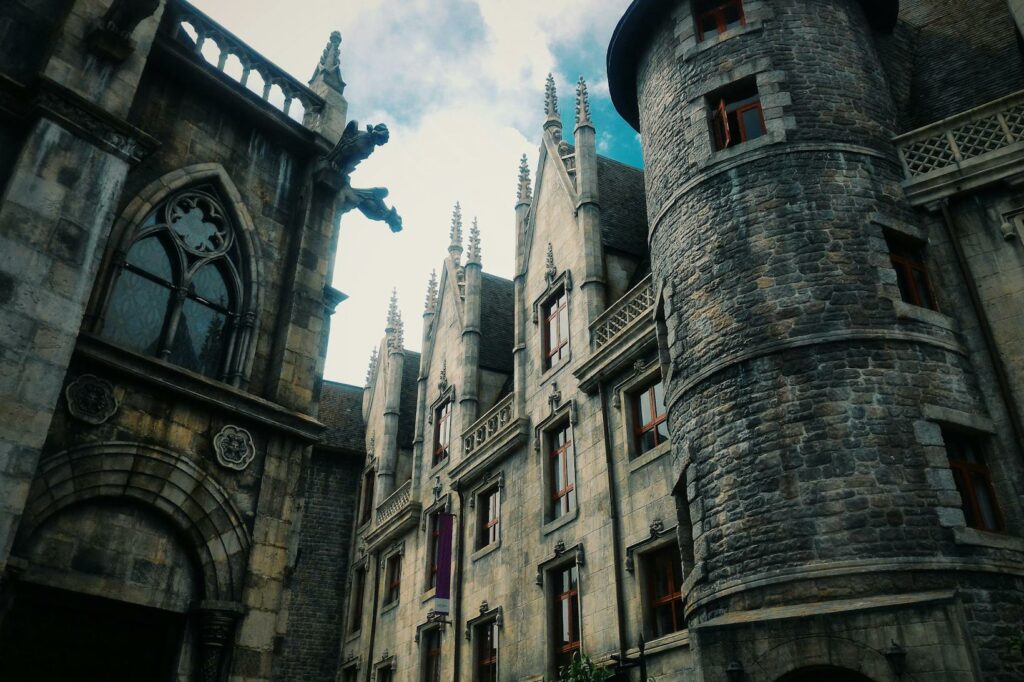In modern history, the world has witnessed the rise of individuals who wielded absolute power with devastating consequences. These dictators, driven by their thirst for control and dominance, left a trail of oppression, violence, and fear in their wake. From ruthless regimes to systematic atrocities, the legacy of these despots continues to haunt the collective memory of humanity.
Exploring the lives and reigns of the worst dictators sheds light on the darkest aspects of power and its corrupting influence. Understanding their methods of manipulation and suppression is crucial in recognizing the warning signs to prevent such tyranny from taking root again. By delving into the chilling accounts of their reigns, we unravel the complexities of authoritarian rule and its profound impact on societies across the globe.
Worst Dictators In Modern History
 Exploring the lives and reigns of the worst dictators in modern history reveals a dark aspect of power and its corrupting influence. Understanding their methods of manipulation and suppression is crucial in recognizing warning signs to prevent tyranny from reemerging. The chilling accounts of their reigns unravel the complexities of authoritarian rule and its profound impact on societies worldwide. These ruthless leaders have wielded absolute power, causing devastation, oppression, violence, and fear.
Exploring the lives and reigns of the worst dictators in modern history reveals a dark aspect of power and its corrupting influence. Understanding their methods of manipulation and suppression is crucial in recognizing warning signs to prevent tyranny from reemerging. The chilling accounts of their reigns unravel the complexities of authoritarian rule and its profound impact on societies worldwide. These ruthless leaders have wielded absolute power, causing devastation, oppression, violence, and fear.
Impact on Society and Country
Continuing their ruthless rule, dictators in modern history inflicted immense harm on both society and their countries. Their oppressive regimes resulted in widespread devastation, leaving a lasting impact on the fabric of the nations they ruled. These despots’ actions not only led to significant economic decline but also caused profound social and cultural damage. The legacies they left behind are stained with bloodshed, human rights violations, and a culture of fear that permeated every aspect of society.
Through a combination of propaganda, violence, and suppression, these dictators instilled deep-rooted fear among their citizens, eroding trust, unity, and social cohesion. By silencing dissent and free speech, they created a climate of terror where individual liberties were crushed, and opposition was met with brutal crackdowns. The scars of their reigns can still be seen in the scars of trauma and distrust that linger in the collective memory of the affected populations. 
Moreover, the impact of these dictators extended far beyond their borders, destabilizing regions, and fueling conflicts that had far-reaching consequences. Their aggressive pursuit of power and control often led to international tensions, drawing neighboring countries into conflicts and exacerbating existing geopolitical challenges. The aftermath of their reigns left a trail of destruction, making it challenging for societies to rebuild and recover from the devastation wrought by these tyrants.
Human Rights Violations
Dictators throughout modern history have been notorious for gross violations of human rights, exhibiting a complete disregard for the basic freedoms and dignity of their people. Under their oppressive regimes, individuals suffered unimaginable atrocities and were subjected to severe violations of their most fundamental rights.
Some dictators, such as Adolf Hitler, enforced systematic discrimination based on race and ethnicity, leading to the genocide of millions of innocent people during the Holocaust. Similarly, Joseph Stalin’s reign of terror in the Soviet Union resulted in mass executions, forced labor camps, and widespread suppression of dissent, causing immeasurable suffering to countless individuals.
 Others, like Saddam Hussein in Iraq, were responsible for brutal crackdowns on political opponents, torture, and extrajudicial killings, creating an atmosphere of fear and intimidation that stifled any form of opposition. In North Korea, Kim Jong-il and Kim Jong-un’s ruthless regimes have been marked by egregious human rights abuses, including forced labor camps, public executions, and severe restrictions on freedom of expression and movement.
Others, like Saddam Hussein in Iraq, were responsible for brutal crackdowns on political opponents, torture, and extrajudicial killings, creating an atmosphere of fear and intimidation that stifled any form of opposition. In North Korea, Kim Jong-il and Kim Jong-un’s ruthless regimes have been marked by egregious human rights abuses, including forced labor camps, public executions, and severe restrictions on freedom of expression and movement.
These dictators employed a range of tactics to maintain power, from censorship and propaganda to arbitrary arrests and systematic torture. Their actions served to silence dissent, instill fear in the population, and consolidate their grip on authority at the expense of basic human rights.
The legacy of these dictators is a stark reminder of the horrors that can unfold when authoritarian leaders prioritize their own interests over the rights and well-being of their citizens. The enduring impact of their human rights violations continues to shape the societies they once ruled, underscoring the importance of upholding fundamental freedoms and preventing such abuses from occurring in the future.



